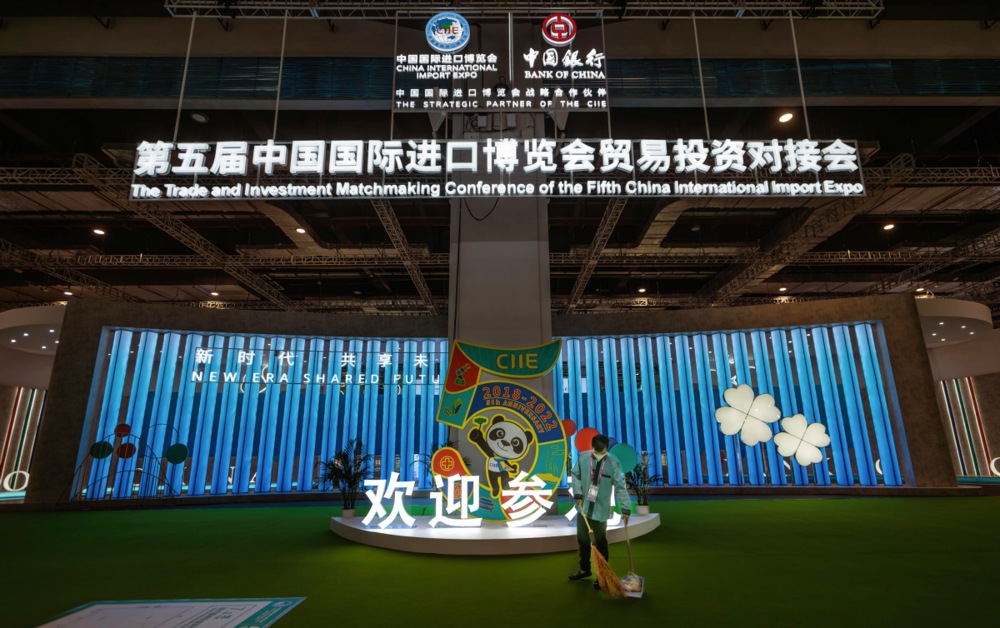Chinese state media called Moody’s “biased” on December 6 for its negative rating outlook on the world’s number two economy, but some analysts said the government’s official reaction was more restrained, signalling Beijing’s own worries about surging debt.
Chinese officials often respond with aggressive statements to international scrutiny. After Moody’s and S&P Global’s previous outlook cuts in 2016, then finance minister Lou Jiwei slammed the ratings agencies as “biased” during a G20 meeting in Washington.
But in the official statement responding to Moody’s move on December 5, the ministry only expressed “disappointment.” On Wednesday, a foreign ministry spokesperson said China is capable of deepening reform and addressing its challenges, and that it welcomed “all friends” from “all over the world” to invest in its economy.
Alfred Wu, associate professor at the Lee Kwan Yew School of Public Policy at the National University of Singapore, said that while Chinese propaganda still aimed to show strength to a domestic audience, the more nuanced tone from the government was targeted at the international community.
Wu said this was a sign that China takes on board global concerns about its weakening growth prospects and “wants to be seen as credible and responsible” in dealing with the issue.
“The discourse of China’s rise was so strong in 2017. The sentiment has changed dramatically,” Wu said.
“The finance ministry recognises this, and that it needs to come up with a more professional response than it did before.”
While keeping China’s sovereign rating at A1, Moody’s cut its outlook to negative from stable, citing surging local debt and property market woes, conditions which many economists have warned are pushing the economy to Japan-like decades of stagnation.
Alicia Garcia Herrero, chief economist for Asia Pacific at Natixis, also said she was “expecting a very different reaction” from China.
“It was handled very smoothly,” she said. “Once you take the decision that ‘my deficit is going to be much bigger’, there’s no point reacting (to Moody’s).”
The Communist Party’s nationalist tabloid Global Times published an article citing economists as saying Moody’s decision was “biased and unprofessional, as it grossly exaggerated or manufactured risks and challenges.”
Moody’s did not immediately respond to questions on Chinese media criticism and the official reaction.
Economic Daily, a state-run newspaper, also said Moody’s took “biased” conclusions.
But the Global Times’ former editor Hu Xijin, who remains a prominent Chinese commentator, wrote a blog post to praise the “restraint” in the finance ministry’s response, saying the tone was “very commendable.”
Hu said it was more important to boost “domestic confidence” than “devote energy to arguing whether this (Moody’s move) is a ‘conspiracy’ or not,” adding this could be achieved by strengthening China’s post-pandemic recovery and resolving municipal debt and real estate risks.
“We can’t expect an American rating company to find a way to convey confidence in China to the world. This work can only be done by China itself,” Hu said.





